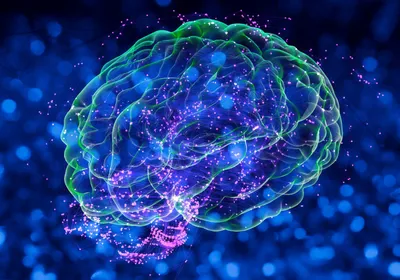ABOVE: A diagnostic device for ME/CFS that measures changes in electrical impedance in blood cells
R. ESFANDYARPOUR
A distinguishing characteristic of the disease myalgic encephalomyelitis/chronic fatigue syndrome appears to be the electrical response of patients’ blood cells when under stress, researchers report today (April 29) in PNAS. The team hopes the finding will speed diagnoses for people with the condition and facilitate research on it.
The University of California, San Diego’s Robert Naviaux, a genetics professor who was not involved in the research, tells the San Francisco Chronicle, “It’s a major milestone. If it holds up in larger numbers, this could be a transformative advance.”
Up to 2.5 million Americans are thought to have myalgic encephalomyelitis/chronic fatigue syndrome (ME/CFS), whose symptoms can include severe fatigue that isn’t explained by exertion, pain, and difficulties concentrating or remembering. It is currently diagnosed based on symptoms, as no biomarker for it exists.
To see ...




















